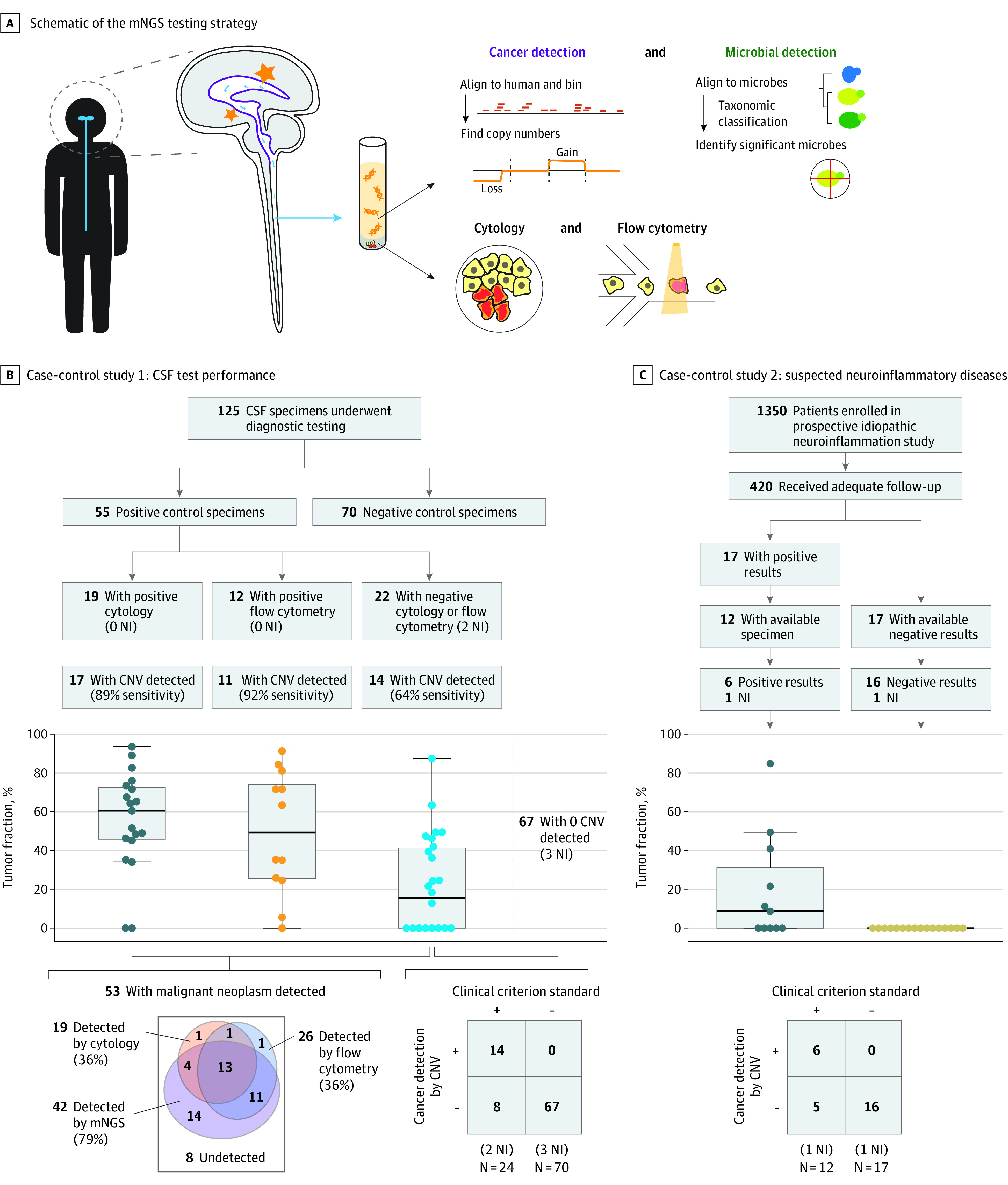Figure 1. Schematic of the Metagenomic Next-Generation Sequencing (mNGS) Test and Its Overall Performance in 2 Studies.

A, Brain lesions release pathogen or cancer cell–free DNA into the cerebrospinal fluid (CSF). An mNGS test performed on all specimens assessed for aneuploidy and pathogens. B, CSF specimens were obtained after flow cytometry and/or cytologic testing. Of these, 55 were positive controls (ie, from patients with central nervous system [CNS] malignant neoplasm) and 70 were negative controls from patients with an ultimate diagnosis of infectious or autoimmune disease. Tumor fractions are based on the amplitude of the copy number change. Cerebrospinal fluid mNGS was 64% sensitive and 100% specific for detecting the subset of malignant neoplasms not detected by flow cytometry and/or cytologic testing. C, Cases and control patients were from the idiopathic neuroinflammatory disease study. Cerebrospinal fluid mNGS had 55% sensitivity and 100% specificity for CNS malignant neoplasm detection. CNV indicates copy number variations; NI, not interpretable.
